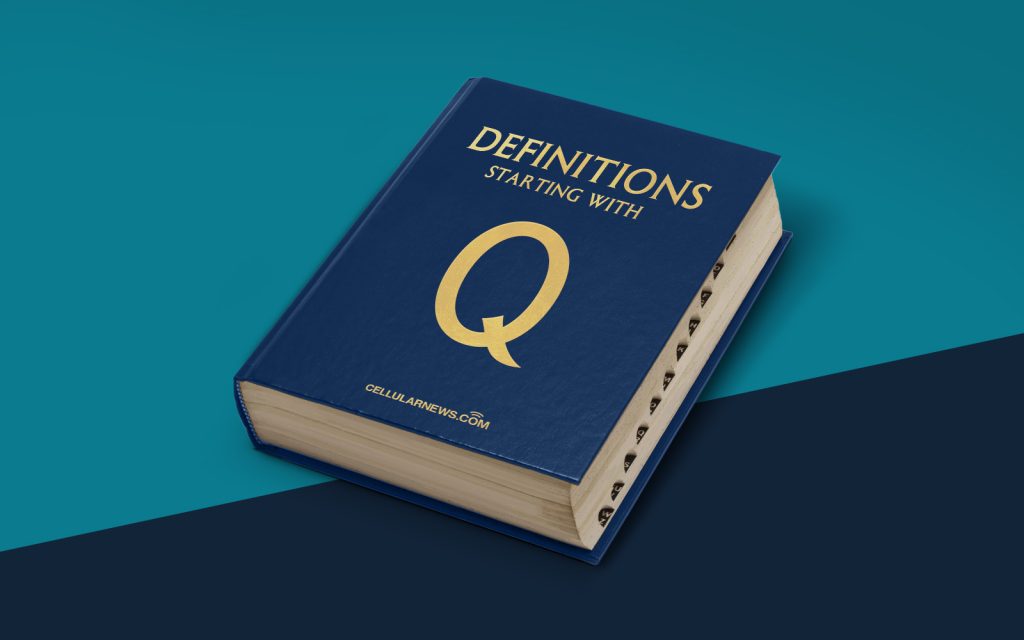
Understanding the Basics: What is a Quantifier?
Have you ever come across the term “quantifier” while studying mathematics or logic? If you’ve found yourself scratching your head, wondering what it means, you’re not alone. In this article, we’ll dive into the world of quantifiers and uncover their role in mathematics and logic. So, let’s get started!
Key Takeaways:
- Quantifiers are fundamental elements of mathematical logic.
- They express the idea of taking into account all or some elements of a specific set.
So, What Exactly is a Quantifier?
A quantifier is a fundamental concept in mathematical logic that allows us to establish statements about a set of objects. It helps us express the idea of taking into account some or all of the elements within that set. In simple terms, quantifiers help us make statements about groups of things.
Quantifiers come in two main types: the universal quantifier and the existential quantifier. Let’s take a closer look at each of them:
The Universal Quantifier (?)
The universal quantifier, denoted by the symbol ? (pronounced as “for all”), is used to make statements that apply to every element in a set. It emphasizes the idea of “for all” or “for every” element. For example, if we say ?x P(x), where P(x) represents a statement, it means that the statement P(x) holds true for every element x in the given set.
The Existential Quantifier (?)
The existential quantifier, represented by the symbol ? (pronounced as “there exists”), is used to make statements that claim the existence of at least one element that satisfies a given condition. It emphasizes the idea of “there exists” or “there is at least one” element. For instance, if we state ?x P(x), it means that there exists an element x in the set for which the statement P(x) is true.
Both quantifiers play vital roles in mathematical logic and allow us to formulate precise statements and reason about collections of objects.
Key Takeaways Recap:
- The universal quantifier (?) is used to make statements about every element in a set.
- The existential quantifier (?) is used to assert the existence of at least one element that satisfies a condition.
By understanding quantifiers, we develop the ability to make statements about sets of objects and reason about their characteristics. These concepts form the foundations of mathematical logic and have applications in various disciplines, including computer science, philosophy, and linguistics.
So, the next time you come across quantifiers in your mathematical or logical studies, remember their significance in expressing statements about groups of objects. Happy quantifying!
